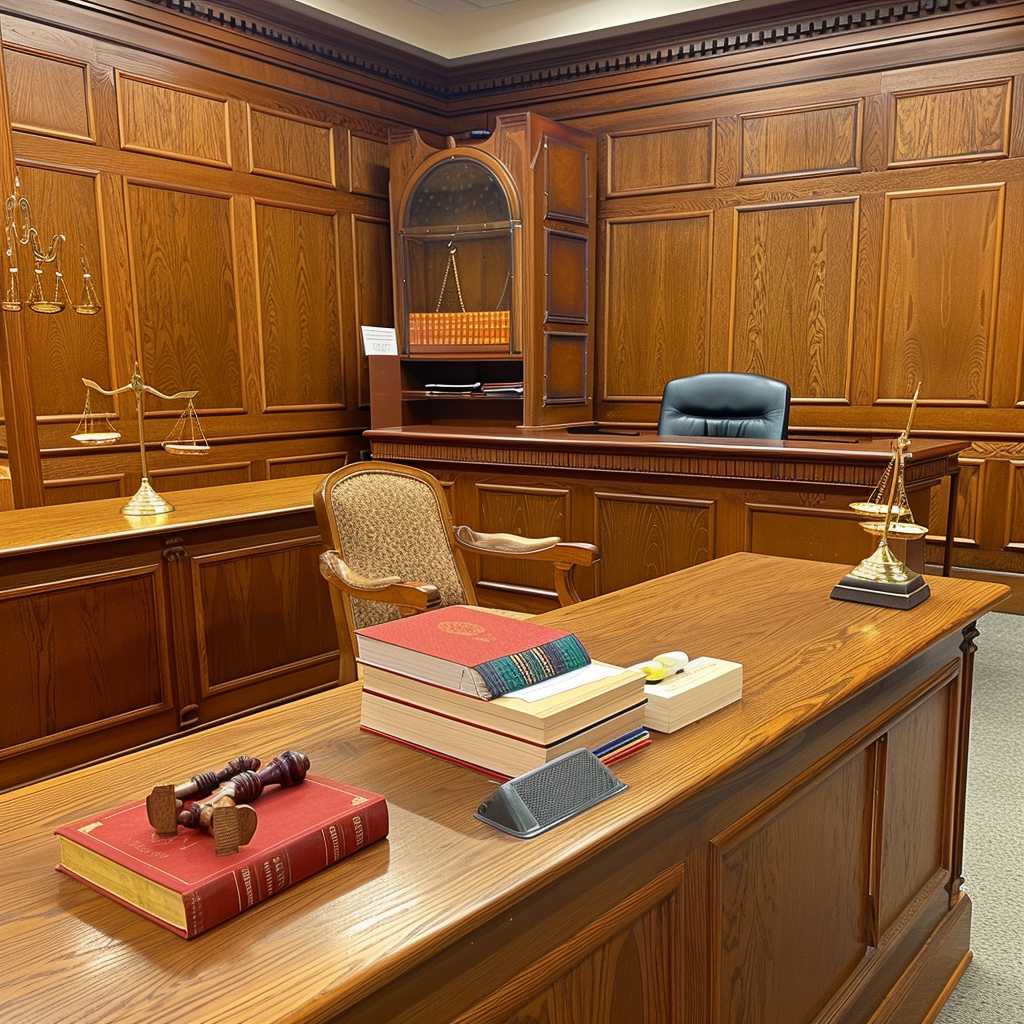The Appeal of Ghislaine Maxwell: A Look into Legal Challenges and Potential Outcomes
In late 2021, Ghislaine Maxwell, a British socialite and long-time associate of the convicted sex offender Jeffrey Epstein, was convicted on multiple counts related to the sexual trafficking of minors. Following her conviction, Maxwell’s legal team signaled their intent to appeal the verdict. The appeal is a focal point for continued public interest and raises significant questions about the legal process, the evidence presented at trial, and broader issues regarding the justice system.
Background of the Case
The Ghislaine Maxwell case involves serious charges that she aided, facilitated, and participated in millionaire Jeffrey Epstein’s sexual exploitation and abuse of underage girls. Her relationship with Epstein has been under intense scrutiny since Epstein’s arrest and subsequent death in 2019. Maxwell’s trial took place towards the end of 2021, where she faced allegations that spanned across multiple years. The prosecution presented testimony from several women who said they were recruited and groomed by Maxwell when they were teenagers.
Maxwell was found guilty on multiple charges connected to sex trafficking. Her defense team argued throughout the trial that she was being made a scapegoat for Epstein’s crimes following his death, which prevented him from standing trial. Following her conviction, they promptly announced their intention to appeal.
Basis of the Appeal
Appeals in criminal cases generally revolve around claims of legal error, improper admission or exclusion of evidence, issues of juror misconduct, or ineffective assistance of counsel. Maxwell’s team may base their appeal on one or multiple grounds:
–
Challenge to Legal Rulings:
Appeals can argue that certain legal rulings made during the trial were incorrect and prejudicial against the defendant. If appellate courts agree with those claims, they may overturn the conviction.
–
Evidentiary Disputes:
Defense attorneys often assert that evidence was inappropriately admitted or excluded during the trial. They could argue that testimonies or exhibits should not have been allowed which could have unduly influenced the jury’s decision.
–
Juror Misconduct:
Any allegations that jurors did not conduct themselves properly or were biased could form the basis for an appeal.
–
Media Impact:
The argument of excess media coverage potentially biasing jury members or influencing due process could also be a cornerstone of Maxwell’s appeal.
Prospects for Success
The chance of a successful appeal varies widely based on factual and legal complexities specific to each case. Appellate courts typically defer to the trial court’s judgment on matters such as factual determinations unless there has been a significant error in legal reasoning or procedure.
In high-profile cases like Maxwell’s, additional scrutiny is placed on each aspect of a trial due to media exposure and the significant public interest. Overturning a conviction through an appeal is challenging but can occur if convincing arguments demonstrate undermining of the rights to a fair trial.
Implications for the Judicial System and Society
The appeals process plays a crucial role in maintaining faith in the judicial system. It serves as a check on potential miscarriages of justice and provides defendants a chance to contest their convictions upon substantial grounds. For society, particularly in prominent cases involving serious crimes such as sexual abuse, an appeal stretches beyond legal boundaries and touches upon societal values and the commitment to equitable justice.
